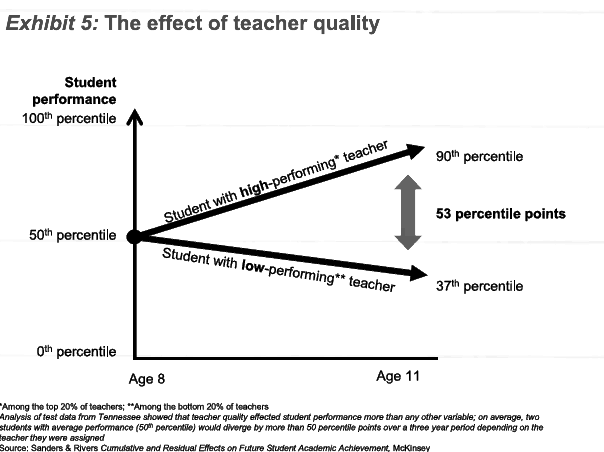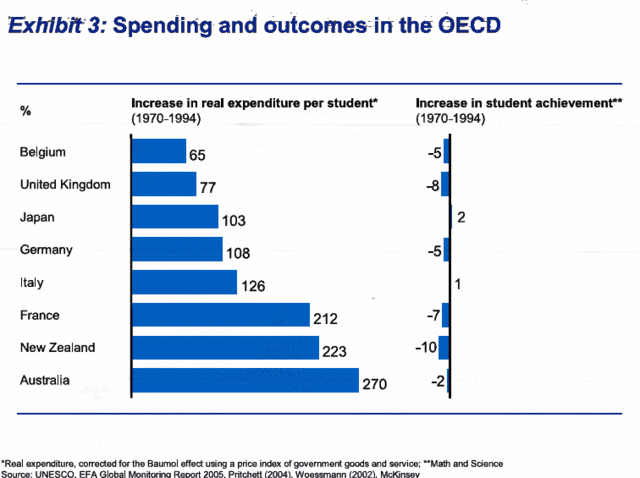I know I have been warning about a Chinese recession/depression for a while, but it takes a while (and still will take some time) for this disaster to play out. But the warning signs are all there. This article today in the WSJ is a great example.
A little over a year ago, a Chinese credit agency downgraded a government-owned financing company in this dusty industrial city. Default—nearly unheard-of in China on government bonds—was a possibility, it said.
But during discussions with lenders, city officials made sure Wuhan Urban Construction Investment & Development Corp. could keep borrowing, officials with knowledge of the matter say. The city during those discussions said it backed the finance firm, essentially guaranteeing the debt, and helped the company restructure its assets to entice investors to lend more.
Borrowing by firms like Wuhan Urban is a big reason China’s debt load is expanding. The International Monetary Fund says China’s debt is growing more rapidly than debt in Japan, South Korea and the U.S. did before they tumbled into deep recessions. Local-government borrowing is responsible for one-fourth of the buildup in China’s overall domestic debt since 2008....
Even before its latest step, Beijing had put forward plans to slow local-borrowing growth. But China’s local governments have a surprising ability to resist policies. Another central-government priority—reducing excess production in steel, cement and other industries—has foundered due to local opposition.
“The guys running local government financing operations won’t roll over and die,†says Fraser Howie, co-author of “Red Capitalism,†a study of China’s financial system. “These companies take on a life of their own.â€
Perhaps we should call this the looming Thomas Friedman recession, as China goes bankrupt doing exactly what Friedman admires - building more and more infrastructure and then taking out debt and building even more.
There is absolutely no reason to believe, as folks like Friedman do, that this investment in infrastructure automatically has a positive return, and in fact there are a lot of reasons to think it does not (ie gluts of housing and basic materials). As I have written before, like light rail spending in the US, these infrastructure investments pay their benefits mostly in prestige to local government officials and rents for politically connected contractors and government workers and not in real returns to future economic growth.
I tend to accept the Austrian theory of recessions, which I would simplify (perhaps inaccurately) as mis-allocation of capital and labor investments leading to economic downturns as the economy restructures. The longer the reckoning is put off, the worse the recession. These mis-allocations can sometimes be due to private causes (e.g. over-euphoric investments in early Internet companies in the late 1990's) but they often have public causes (e.g. artificially low interest rates or government programs to promote investment in a single industry like, say, housing).
I am convinced this is what brought down Japan -- after years of admiration for Japan, inc. and MITI economic management, it turns out the government had directed all capital into a few export manufacturing industries, while continuing to protect retail and agriculture locally from any real change or competition. Which is why 25 years of government directed deficit spending has not fixed the recession -- it just doubles down on the original cause. For those of you too young to remember, the Friedman-types of the world were all praising Japan to the hilt in the late 80's as the model we should all be following. People like this don't admit error, they simply shut up about Japan and started praising the same behaviors in China.
The same reckoning is coming to China. Probably not this year or the next, but within the next 5 years almost for sure. It is 1928 in China.
Postscript: By 1928, I mean a year of apparent prosperity before the Great Depression in 1929. I am not referring to the nominal reunification of China or start of the "republic" under Chiang Kai-shek.


